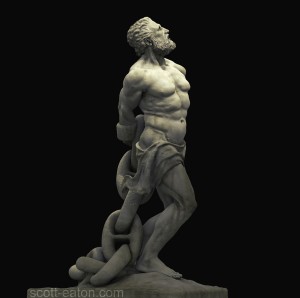A brave attempt once more by Daniel Hannan to remind us that, at a time when the monarchies of Europe were successfully suffocating their own nascent representative institutions, the attempts by Charles I and his cohorts to do the same to the English Parliament by invoking the divine right of kings was finally broken in Yorkshire in the summer of 1644. The Battle of Marston Moor did not end the English Civil War between King and Parliament but it fatally weakened the Royalist forces.
As Hannan points out, although there were bumps along the way, the sovereignty of Parliament as the source of authority remained unchallenged for well over three hundred years until 1973.
Parliament remained sovereign until 1 January 1973, when Sections 2 and 3 of the 1972 European Communities Act came into effect, giving EU law primacy over British law
For centuries the idea that our freedom was deeply embedded in our past was part of the warp and weft of the upbringing of each English generation
Some of the men who won the day at Marston Moor would have pointed at Henry VIII’s break with Rome, others at Magna Carta. Yet others would have gone back still further, to the folkright of Anglo-Saxon common law that had constrained kings before 1066.
Today that key aspect of our history is largely ignored. To his credit Hannan has vividly brought it back to life with his book “How We Invented Freedom & Why It Matters”
The pity is, however, that he still feels that the shame of 1973 can be resolved by negotiation within the confines of the EU – which is why he stays within the Tory party and remains a loyal follower of David Cameron. Until he realises that the permanent surrender of national sovereignty is the very keystone of the EU edifice and its removal would render the whole enterprise worthless Hannan must be regarded as an interesting but essentially unreliable observer.


